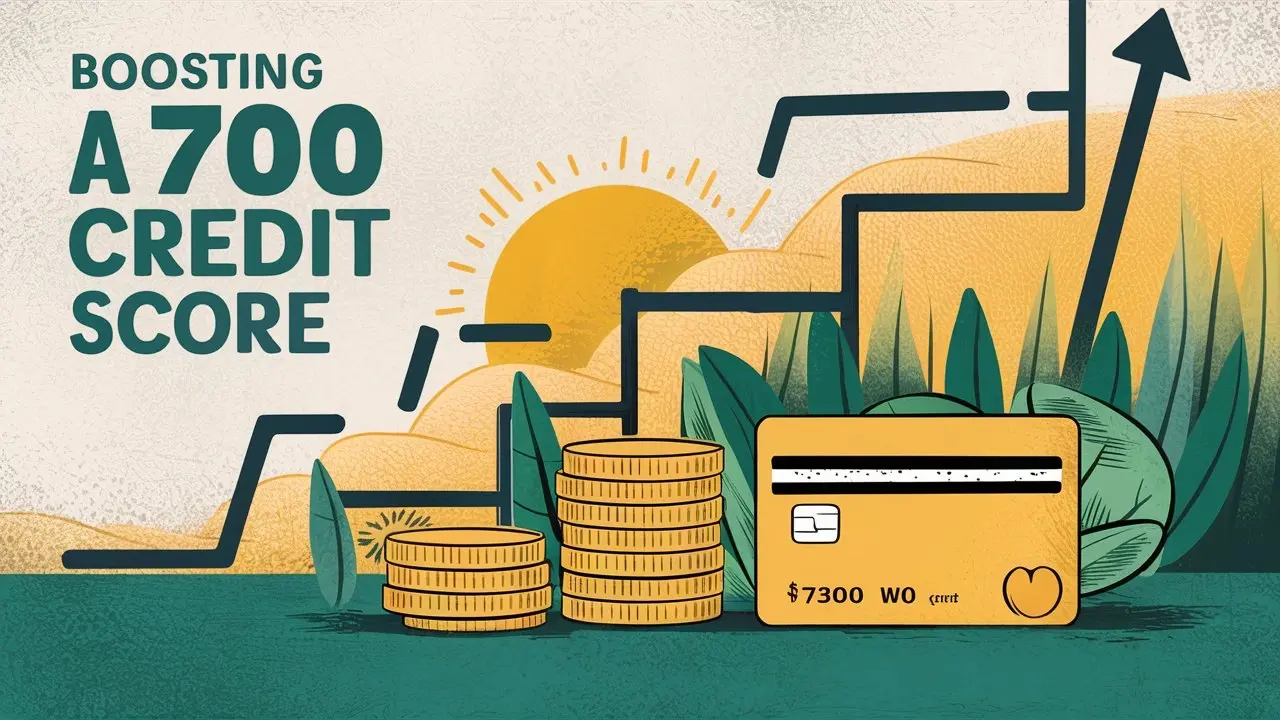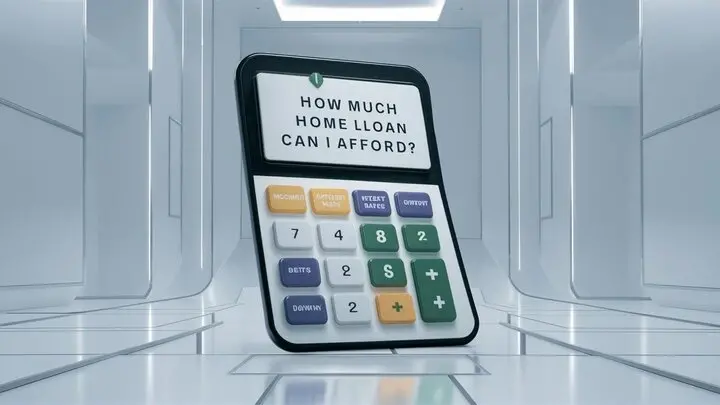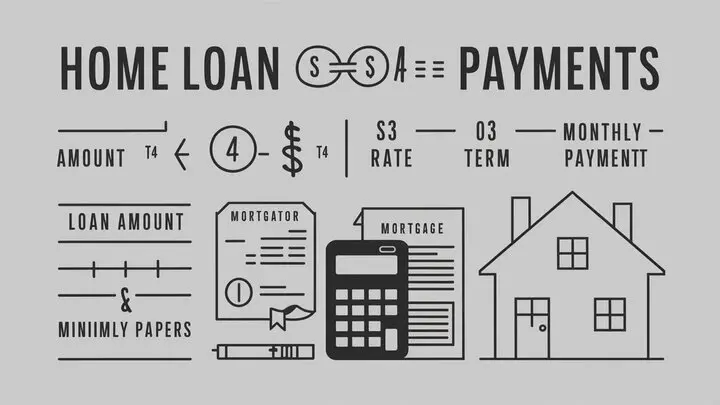
Getting a house loan may be intimidating, particularly if you have less-than-ideal credit or are a first-time buyer. Thanks in part to its FHA lending program, the Federal Housing Administration (FHA) ) luckily gives help to numerous planned property holders. Asking about the credit score criteria for FHA advances is among the foremost often-asked requests by borrowers. We'll investigate everything you would like to know approximately FHA advance credit score criteria in this exhaustive direct to let you unquestionably arrange the street to homeownership.
Understanding FHA Loans:
Let's first quickly go over what FHA loans are before going into credit score criteria. Under the Federal Housing and Urban Development (HUD), the government office Government Lodging Organization ensures contracts beneath FHA advances. First-time property holders and those with less than idealized credit evaluations or constrained accounts for a down installment discover incredible requests in these advances. The FHA's support lets lenders provide more reasonable conditions to consumers who would not be eligible for traditional loans.
Credit Score Basics:
Based on your credit history, boost your credit score is a numerical evaluation of your creditworthiness. Along with other criteria such as income and debt-to-income ratio, lenders evaluate your loan repayability using this score. Credit ranges go from 300 to 850; higher scores indicate less credit risk.
FHA Loan Credit Score requirements: Let us now get into the intricacies of FHA loan credit score criteria:
-
Minimum Credit Score:
-
Though the lender determines the minimum credit score needed for an FHA loan, the FHA sets a standard.
-
For those wishing to make a 3.5% down payment as of 2024, the FHA minimum credit score requirement is 580.
-
Though they may have to make a greater down payment, usually about 10%, borrowers with credit scores between 500 and 579 may still be qualified for an FHA loan.
-
-
Credit Score Flexibility:
-
Regarding credit scores, FHA loans are more forgiving than conventional loans.
-
Those with less than-ideal credit or a limited credit background could nonetheless be qualified for an FHA loan.
-
When assessing creditworthiness, lenders could take non-traditional credit sources, utility payments, and rental histories into account.
-
-
Compensating Factors:
-
Lower credit score consumers might enhance their loan application with supporting documentation.
-
A low debt-to-income ratio, a sizeable down payment, a consistent job history, and large cash reserves might all be compensating considerations.
-
Benefits of FHA Loans for Borrowers with Lower Credit Scores:
-
Accessibility: FHA loans let those who may otherwise find it difficult to qualify for a traditional mortgage into homeownership.
-
FHA loans call for a minimum down payment of only 3.5%, so homeownership is more realistic for applicants with modest means
-
FHA loans frequently have reasonable interest rates, which helps consumers save money throughout the loan even while credit score criteria are lower.
Tips for Improving Your Credit Score:
Although FHA loans provide applicants with weaker credit scores a route to homeownership, long-term financial gains might result from raising your credit score. These ideas could help you raise your credit score:
- Pay your bills on time; your credit score heavily relies on payment history. Each month, make sure you pay all of your bills—including utilities, credit cards, loans, and bills—on time.
- High credit card debt may lower your credit score. Try to pay off your current debt and maintain modest credit card balances about your credit limits.
- Review your credit report often to look for mistakes or fraudulent activities. Correct any errors to guarantee that your credit score is derived from accurate data.
- Steer clear of opening many new credit accounts within a limited time to damage your credit score. Only apply for new credit as needed; avoid building pointless accounts.
Conclusion:
In essence, FHA loans provide a great chance for those with weaker credit scores to realize their goals of homeownership. Understanding FHA loan credit score standards and acting to raise your creditworthiness can help you set yourself up for success in the home-buying process. Whether you intend to refinance or you are a first-time homeowner, FHA loans provide flexibility and accessibility to enable you to get the house of your dreams.
Call (888) 803-7889 to check your credit score now!
Resources
Difference Between FHA and Conventional Loan A Comprehensive Guide
FHA Loan Pros and Cons: Making Informed Decisions for Home Financing
Our Guide to Equifax Business Credit
How Your Credit Card Limit Affects Your Credit Score?
How Long Does It Take to Clear Bad Credit History?
What to Consider When Applying for a Home Loan?




